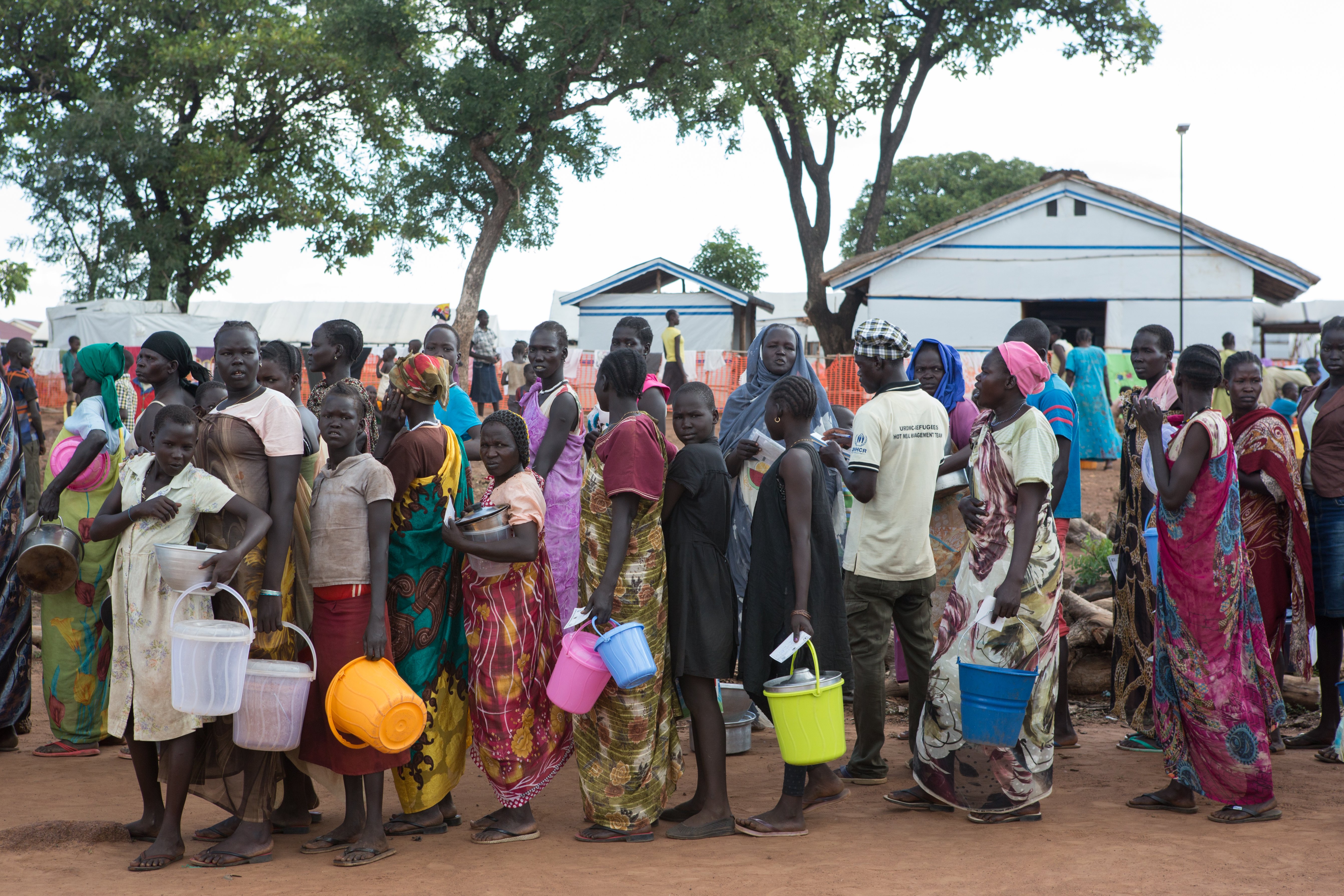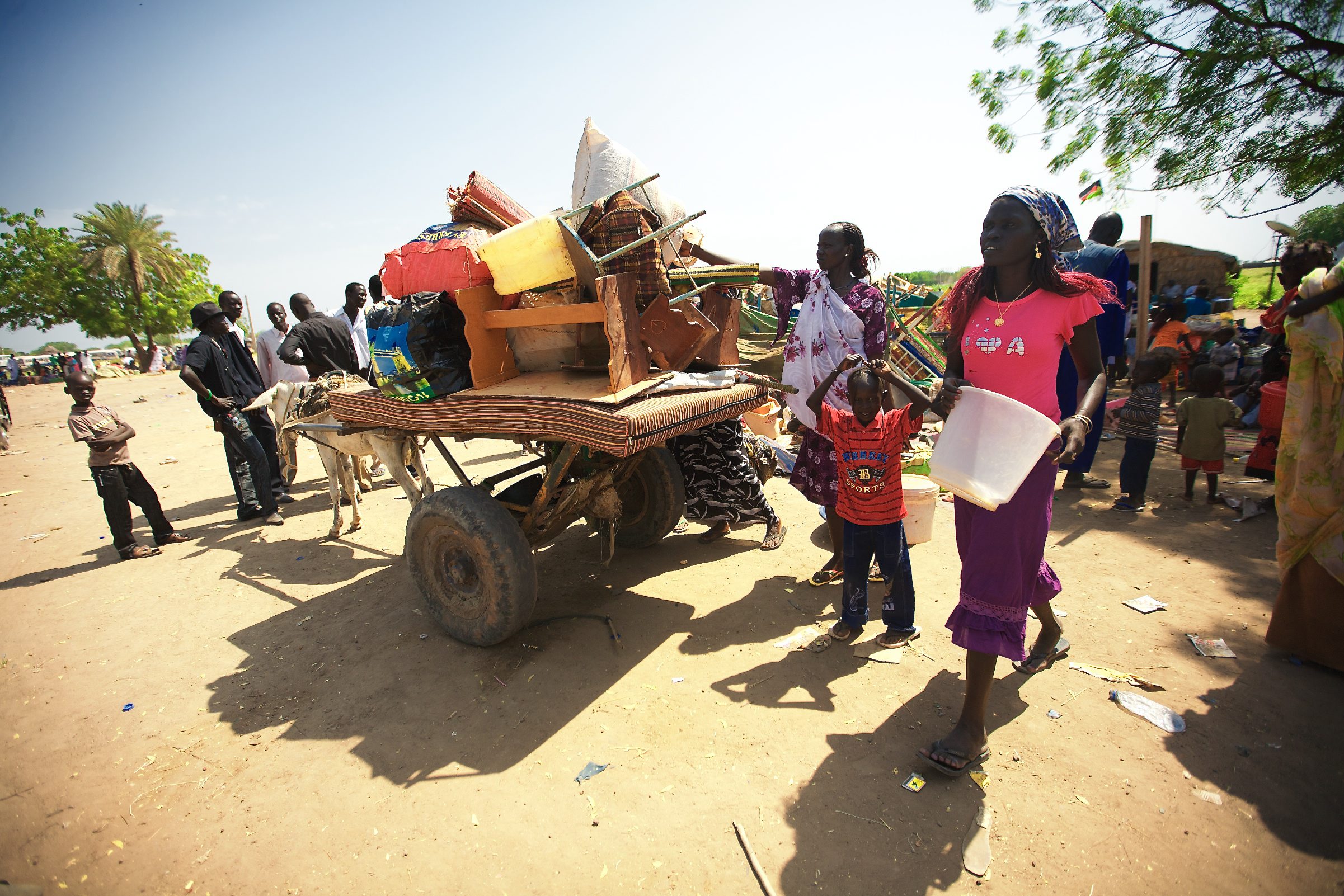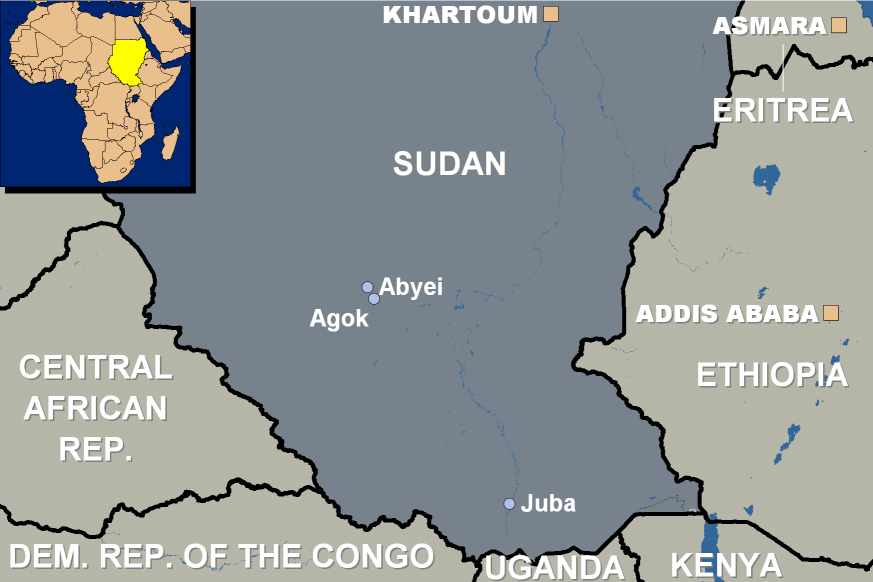UNHCR suspends returns to Sudan's Jonglei state
UNHCR suspends returns to Sudan's Jonglei state

KHARTOUM, Sudan, December 4 (UNHCR) - The UN refugee agency has temporarily suspended its repatriation programme to South Sudan's Jonglei state after tribal rows sparked by cattle thefts turned deadly.
The clashes between Murle and Dinka tribesmen have degenerated into widespread revenge attacks in the past fortnight that have left at least 34 people dead and close to 100 injured.
"In keeping with our mandate to ensure returns in safety and with dignity, all returns to Jonglei have been postponed for the moment and the decision will remain in place until we have assurances that the security situation is under control," said Geoff Wordley, who coordinates UNHCR operations in South Sudan. The decision will most affect refugees returning from north-west Kenya.
The situation remains tense with fears that the revenge attacks could spread to other parts of Jonglei state, including Pibor, Boma and Porchalla - major return areas for refugees and internally displaced people.
Wordley said the situation was being monitored in coordination with the local authorities and sister UN agencies. A UN security assessment mission is due to take place in Jonglei on Wednesday to determine the level of the security threat.
The outbreak of violence came in late November, when eight ethnic Dinka tribesmen were killed and 7,000 head of cattle stolen near the village of Padak, located some 20 kilometres north-east of the state capital, Bor.
The Dinka community launched an operation to recover the stolen livestock and people were killed on both sides in the ensuing confrontation with the Murle.
The refugees most affected by the temporary suspension are those in Kakuma camp in north-west Kenya, where 85 percent of the 3,000 refugees who signed up for repatriation for the remainder of this year hail from Jonglei. In addition, thousands of displaced people who have expressed their readiness to return to the area will also be affected by the measure.
Meanwhile, UNHCR and IOM will continue to assist the repatriation of refugees bound for the South Sudan regions of Eastern Equatoria and Upper Nile, where security has been stable, as well as to Blue Nile State. These refugees are mainly returning from Uganda.
Since 2005, the UN refugee agency has helped back more than 70,000 Sudanese refugees to South Sudan and Blue Nile regions. Another 90,000 have returned to both areas using their own means.
By Fatoumata Kaba in Khartoum, Sudan






